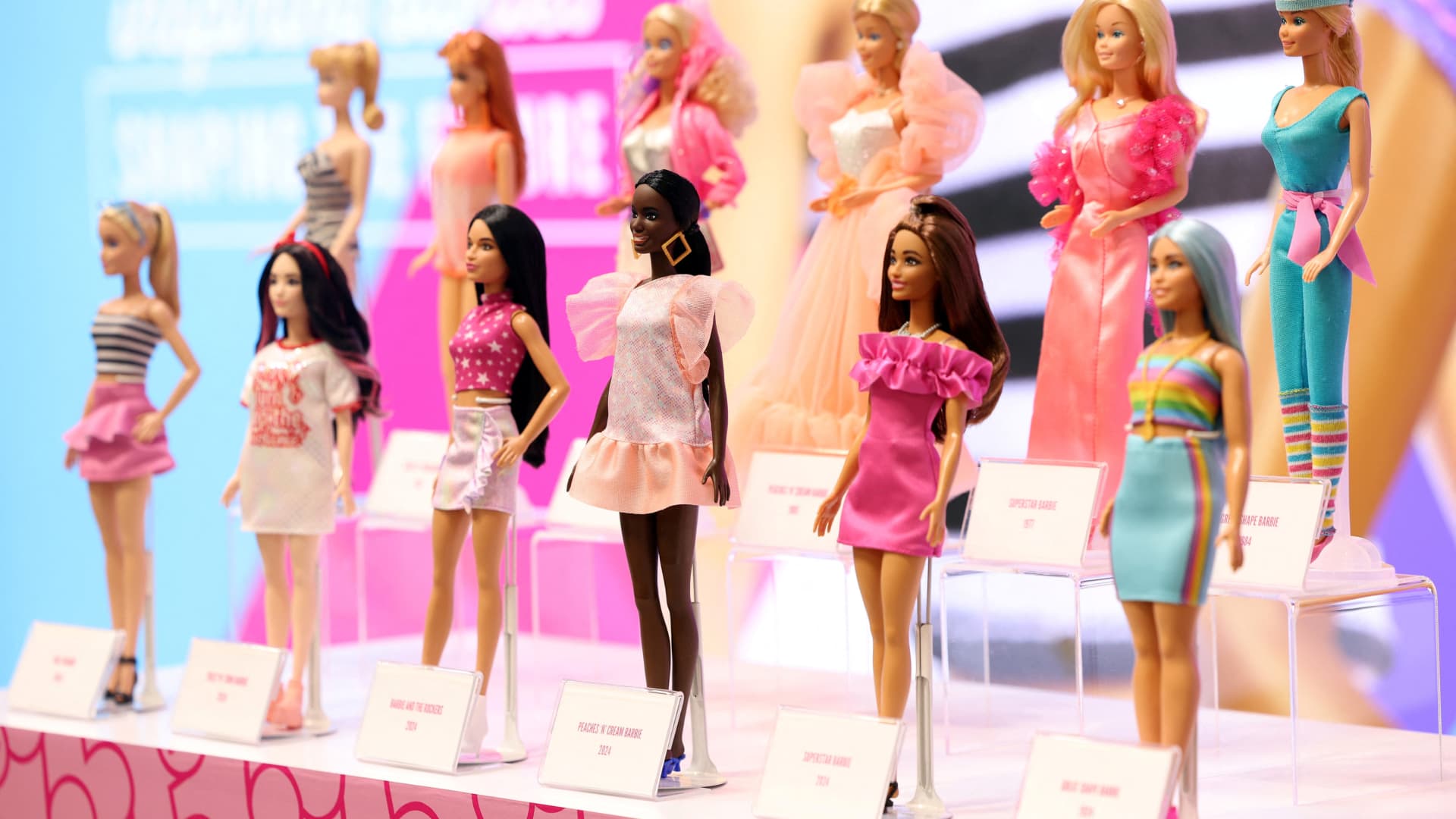Plastic Dreams, Global Realities: Why Mattel's CEO Sees No 'Made in USA' Toy Story

In a candid interview, Mattel's CEO Ynon Kreiz shed light on the company's manufacturing strategy, making it clear that large-scale toy production will not be shifting to American soil anytime soon. Despite growing calls for domestic manufacturing, Kreiz emphasized that the current global supply chain remains more economically viable for the toy giant.
While reshoring manufacturing might seem appealing, Kreiz explained that the complex global network Mattel has developed offers significant cost advantages that would be challenging to replicate within the United States. The company continues to rely on international manufacturing partners, primarily in countries with lower production costs.
However, consumers should brace themselves for potential price adjustments. Kreiz hinted that price increases are likely on the horizon, reflecting ongoing economic challenges, rising material costs, and supply chain complexities. These potential price hikes could impact the affordability of popular Mattel brands like Barbie, Hot Wheels, and Fisher-Price.
The announcement underscores the ongoing tension between global manufacturing strategies and domestic production expectations. While many American consumers and politicians advocate for bringing manufacturing jobs back home, multinational corporations like Mattel continue to prioritize cost-effectiveness and established international supply chains.
As the toy industry navigates these economic challenges, Mattel remains committed to delivering beloved products while managing the delicate balance between production costs and consumer pricing.
